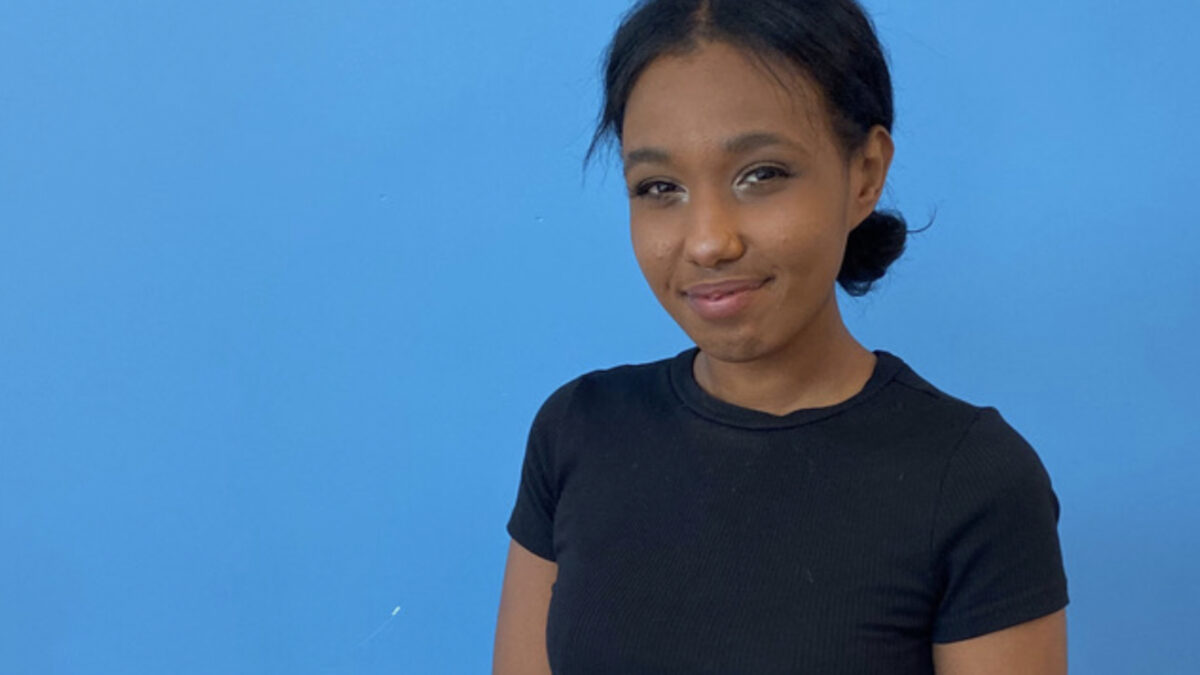After the University of Ottawa’s latest annual professional development conference on women’s health, advocates say more needs to be done to break down the barriers that women of colour face in Canada’s medical system.
The one-day conference, held on March 31 at the St. Elias Banquet Centre in Riverside Park, was designed to provide family physicians and healthcare professionals with the most current and relevant information about health issues concerning younger and older women.
The event included discussions about the “diagnosis, prevention and management of common women’s health concerns,” including cardiovascular issues, cervical cancer screening and transgender health.
But healthcare advocates for women of colour say there isn’t enough of an active conversation on the challenges they face in Canadian healthcare.
Sophia Ali is a Carleton University graduate student in health sciences and is part of Carleton’s Health and Wellness Equity Research Group.
“I think it’s so important and not nearly talked about enough,” Ali said.
She encourages more women from underserved communities to take part in the conversation by sharing their voices and experiences, adding that they are incredibly valuable.
‘Services relating to our physical and mental health can make a difference between life and death for a lot of folks.’
— Amal Elmi, education and services coordinator, Carleton University Equity and Inclusive Communities department
“There are a lot of things that many women from places of privilege don’t understand wholeheartedly, so it’s really important for our voices to be present and heard,” said Ali.
She added that the promotion of information is important and only possible by diversifying the profile of those who work in health services and by listening to other people and perspectives.
Amal Elmi is the education and services coordinator at Carleton’s Equity and Inclusive Communities department. She agreed that the sharing of information is essential to bring about change.
Elmi added that, on a systemic level, there should be more of an emphasis on equitable access. One of the ways this can be done is by investing in underserved communities.
Ali said governments should provide more grants and other opportunities to fund centres like the one she volunteers at, along with more free services. Without such support, health centres supporting vulnerable populations are at constant risk of shutting down.

“Canada tends to pitch themselves as free healthcare, (an) accessible and progressive country, but it is pretty inaccessible to a lot of groups,” said Ali.
Elmi said it’s important to ensure equitable access for women from underserved communities.
“Services relating to our physical and mental health,” she said, “can make a difference between life and death for a lot of folks.”
Yumna Khan, programming coordinator at Carleton University’s Women’s Centre, said the issue is important because the entire healthcare system is designed to benefit those who are non-racialized.
“They’re not treated fairly, they’re not listened to, they’re devalued,” said Khan. “Their concerns are never addressed.”
The Women’s Centre provides free knowledge, snacks, and menstrual products to female-identifying Carleton students.
Khan said change is brought about by people educating the public and by advocating for themselves. While steps are taken forward this way, Khan said setbacks — such as the privatization of certain healthcare services — are pushing back on the progress made.
According to a 2015 report published by the University of Manitoba, which can be accessed online at the website of the Office of the High Commissioner for Human Rights, “healthcare administrators and frontline staff often deny that racism in healthcare is a determinant of Indigenous peoples’ health. Where it is discussed, racism tends to be conceptualized at the individual level.”
“I think the biggest barrier is not being believed,” said Elmi.
Ali says that individuals can help by spreading information, staying informed and by putting themselves in the shoes of others.
Above all, she urges those in positions of privilege to have more empathy.




